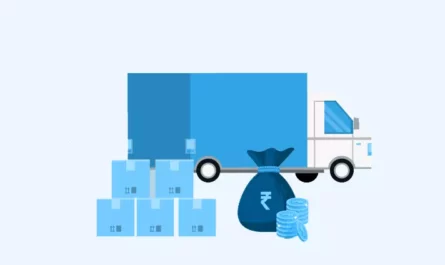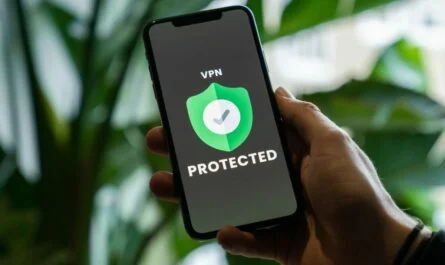In an increasingly digital world, remote work has become the new norm for many professionals. With the rise of remote work, concerns about online privacy and security have also grown. As remote workers access company networks and sensitive information from various locations, the need for robust privacy measures has become critical. Virtual Private Networks (VPNs) have emerged as a popular solution to safeguard privacy when working remotely. In this article, we will explore how VPNs protect your privacy and why they are essential for remote workers.
Understanding VPNs
A Virtual Private Network (VPN) is a technology that setup a secure, encrypted connection over the internet, permit users to access the internet securely and privately. When you connect to a VPN, your internet traffic is routed through an encrypted tunnel to a remote server operated by the VPN provider. This process shields your online activities from prying eyes, making it difficult for hackers, government agencies, or even your internet service provider (ISP) to monitor or track your online behavior.
Protecting Data with Encryption
One of the primary ways VPNs protect your privacy is through encryption. When your data passes through a VPN connection, it is encrypted using advanced cryptographic algorithms. This means that even if a malicious actor seize your data, they won’t be able to decrypt its contents without the encryption key. Encryption adds an extra layer of security, ensuring that your sensitive information remains confidential when transmitted over the internet.
Hiding Your IP Address
Another crucial aspect of VPNs is their ability to hide your IP address. An IP address is a distinctive identifier assigned to your device when connecting to the internet. By using a VPN, your IP address is changed with the IP address of the VPN server you are connected to. This process makes it incredibly challenging for anyone to trace your online activities back to your physical location or device. It enhances your anonymity, prevents websites from tracking your browsing habits, and safeguards your privacy.
Bypassing Geo-Restrictions
Many remote workers often encounter geo-restrictions when accessing certain websites or online services. A VPN can help you overcome these restrictions by allowing you to connect to servers located in different countries. By connecting to a server in a specific region, you can make it appear as if you are accessing the internet from that location. This capability not only bypasses geo-restrictions but also enables remote workers to access region-specific content and services that might be crucial for their work.
Securing Public Wi-Fi Connections
Working remotely often involves connecting to public Wi-Fi networks in cafes, airports, or hotels. Unfortunately, these networks are often unsecured, making them vulnerable to cyberattacks. VPNs provide a vital layer of protection by encrypting your data traffic, preventing unauthorized access or eavesdropping. When connected to a VPN, you can work confidently on public Wi-Fi networks, knowing that your sensitive information is shielded from potential threats.
Enhancing Security with Firewall Protection
Many VPN services offer additional security features, such as built-in firewalls, to further protect your privacy. Firewalls act as a barrier between your device and the internet, monitoring and blocking incoming connections that may pose a security risk. By combining a VPN with a firewall, remote workers can fortify their defense against potential cyber threats, ensuring that their privacy remains intact while working remotely.
Choosing the Right VPN
When selecting a VPN for remote work, it is crucial to consider certain factors. Look for a VPN service that offers robust encryption protocols, a wide network of servers in various locations, and a strict no-logs policy. Additionally, consider the connection speed and reliability, as a slow or unstable VPN can hinder your productivity. It’s also essential to review user reviews and ratings to ensure that the VPN service you choose is reputable and trustworthy.
Final Verdict
VPNs play a critical part in protecting your privacy when working remotely. By encrypting your data, hiding your IP address, and providing secure access to the internet. VPNs ensure that your online activities remain private and protected. As remote work becomes increasingly prevalent. It is essential to prioritize online privacy and security. TechHBS recommends incorporating a reliable VPN service into your remote work routine to enhance your privacy and safeguard sensitive information. With the right VPN, remote workers can work confidently, knowing that their privacy is preserved even in a remote environment.








